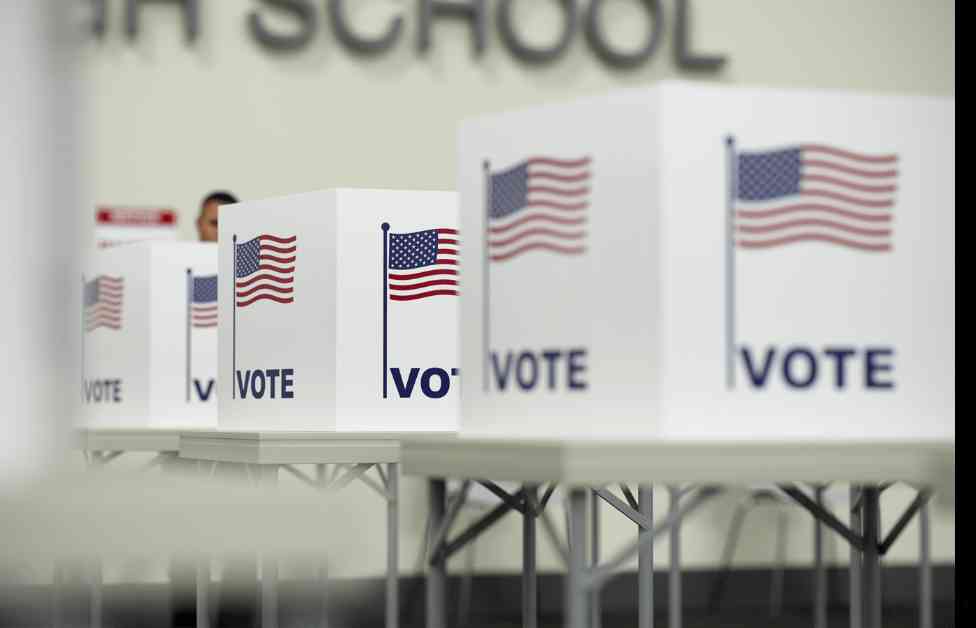The debate between Republicans and Democrats on the issue of school choice has never been more pronounced. The Republican party has now officially embraced “universal school choice” in their 2024 platform, while the Democrats have taken a firm stance against vouchers and have called for stricter regulations on charter schools. This stark contrast in policies has left advocates of school choice strongly supporting Donald Trump and vehemently opposing Kamala Harris.
However, the irony of the situation lies in the fact that despite the Republican party’s support for school choice, more progress in this area could potentially be made if the Democrats were to win the presidency in the upcoming election. This is due to the fact that most decisions regarding school choice are made at the state and local level, rather than at the federal level. Governors play a crucial role in the success of school choice initiatives, as they have the power to veto or support legislation related to charter schools, vouchers, tax-credit-funded scholarships, and education savings accounts.
In recent years, governors in various states have been instrumental in pushing through legislation that supports school choice. For example, governors in Florida, West Virginia, Utah, Oklahoma, and Arizona have successfully passed ESA or tax-credit legislation through their respective legislatures. On the other hand, governors who oppose school choice measures can significantly hinder progress in this area, as seen in the case of Kentucky Governor Andy Beshear and Pennsylvania Governor Josh Shapiro.
The upcoming presidential election is crucial for the future of school choice, as the party that wins the presidency will have a significant impact on the direction of education policy in the country. However, the real power lies at the state level, where governors play a pivotal role in shaping the landscape of school choice. The outcome of the election will also have implications for down-ballot races, particularly in state legislatures where important decisions regarding education policy are made.
It is essential for supporters of school choice to closely monitor the outcomes of the upcoming election and to continue advocating for policies that expand educational opportunities for students. While partisan politics play a significant role in shaping education policy, ultimately, the success of school choice initiatives will depend on their ability to deliver on their promises and meet the needs of students and families. The future of school choice hangs in the balance, and the upcoming election will undoubtedly have a profound impact on its trajectory.







